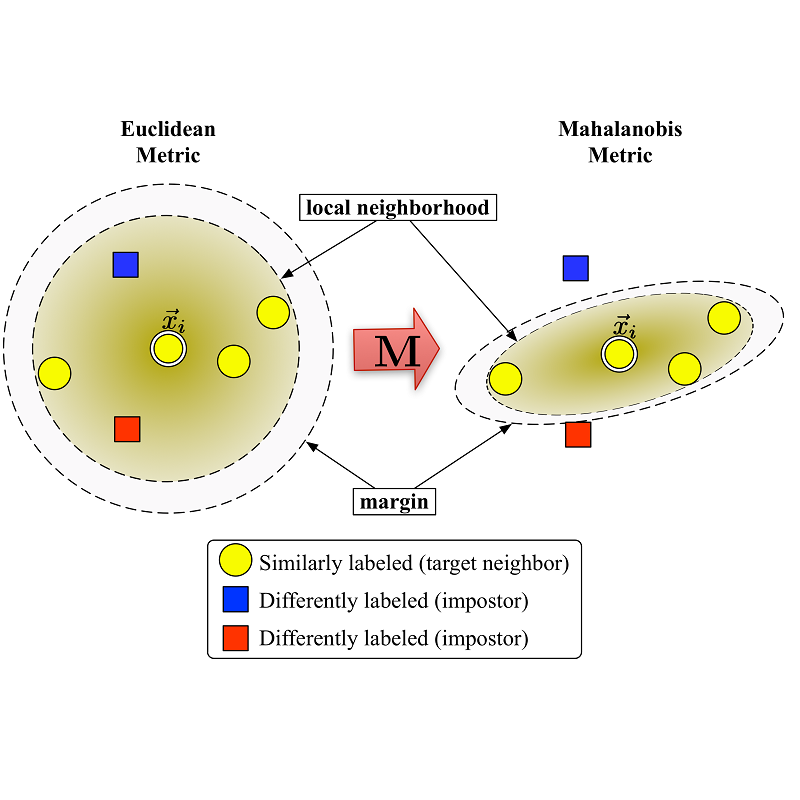Deep Metric Learning (DML) is a group of techniques that aim to measure the similarity between objects through the neural network. Although the number of DML methods has rapidly increased in recent years, most previous studies cannot effectively handle noisy data, which commonly exists in practical applications and often leads to serious performance deterioration. To overcome this limitation, in this paper, we build a connection between noisy samples and hard samples in the framework of self-paced learning, and propose a \underline{B}alanced \underline{S}elf-\underline{P}aced \underline{M}etric \underline{L}earning (BSPML) algorithm with a denoising multi-similarity formulation, where noisy samples are treated as extremely hard samples and adaptively excluded from the model training by sample weighting. Especially, due to the pairwise relationship and a new balance regularization term, the sub-problem \emph{w.r.t.} sample weights is a nonconvex quadratic function. To efficiently solve this nonconvex quadratic problem, we propose a doubly stochastic projection coordinate gradient algorithm. Importantly, we theoretically prove the convergence not only for the doubly stochastic projection coordinate gradient algorithm, but also for our BSPML algorithm. Experimental results on several standard data sets demonstrate that our BSPML algorithm has better generalization ability and robustness than the state-of-the-art robust DML approaches.
翻译:深米学习( DML) 是一组旨在测量通过神经网络测量对象之间的相似性的技术。 虽然 DML 方法的数量近年来迅速增加, 但大多数先前的研究都无法有效地处理杂乱数据, 这些数据通常在实际应用中存在, 并往往导致性能严重恶化。 为了克服这一限制, 在本文件中, 我们在自定进度学习的框架内, 在杂乱的样本和硬样本之间建立了连接, 在自定进度学习的框架内, 并提议一个子问题\ emph{w.r.r.t.} 样重比直线{ P} 底线{M} 底线{ 基线{ 底线{ 基底线{ L} 学习( BSPML) 算法快速解决这个非直线化的多相似性配方, 将杂乱的样本作为极其难的样本处理, 并且通过抽样加权加权的模型培训, 特别是由于配对平衡的术语的关系和新的平衡, 子问题\ emph{w.r.r.r.r.} 样重量比直线的稳性方法是非状态的四分函数函数函数函数法函数函数 。 为了更好地解决这个非共解的共弦化, 我们的渐变的轨能力, 我们的渐变的基的磁变法, 我们的基的磁变法, 我们建议了一个数级的基压, 我们的渐变的轨算, 我们的渐变的渐变。



